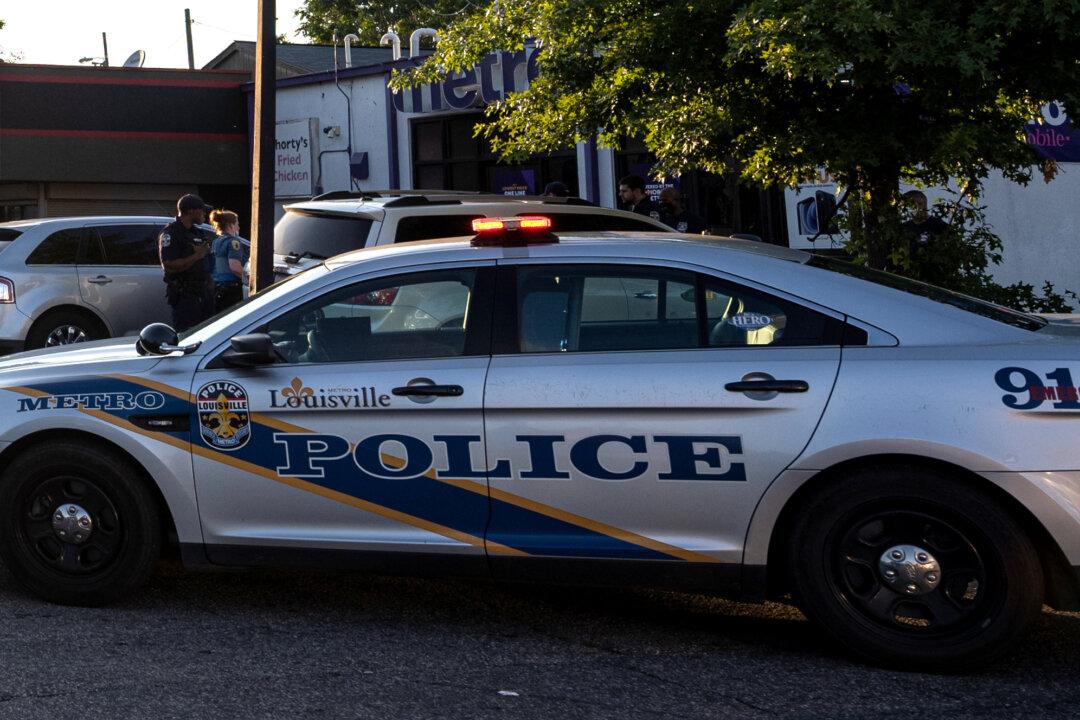In response to a reported surge in criminal activities across Kentucky, a group of Republican lawmakers from Louisville unveiled the Safer Kentucky Act, a legislative proposal aimed at modernizing criminal statutes in the state.
The bill’s primary sponsor, Republican state Rep. Jared Bauman, expressed the urgent need for action, highlighting the increasing concerns about safety in Kentucky.





